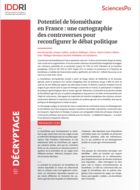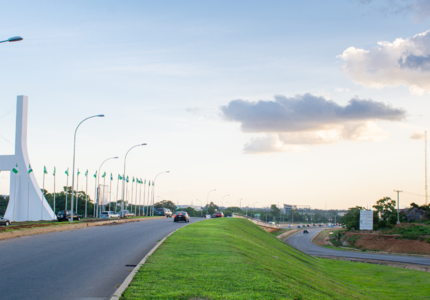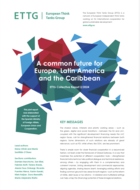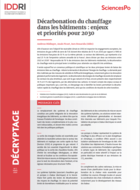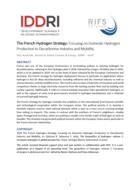REPLAY
Covid-19 has hit India hard, with the government instituting one of the strictest lockdowns in the world. In spite of this, the case count continues to rise, even as the economic situation forces a relaxation of the lockdown.
With India's economic growth already weak before the lockdown, the economic and social impact on the country is likely to be severe. Indeed, the crisis has already revealed some of the weaknesses of India's economic development model, from underinvestment in health, to unsanitary and exclusionary urbanisation. At the same time, the structural changes that may come about from the virus, in particular the trend towards teleworking, may be of benefit for India, with its congested cities and strong global trade in services.
In addition, the Covid-19 pandemic may impact on the environmental agenda in India. The economic impact may reduce investment funds to clean technology sectors, while the social impact may reduce politicians' appetite to undertake disruptive policies. At the same time, the links between disease, health, and biodiversity have been made more clear by the pandemic and may prompt further action on environmental protection.
What is clear however is that the future is highly uncertain, in one of the largest economies and countries in the world. This webinar aims to shed light on the possible pathway forward for India.
With:
- Christophe Jaffrelot, Research Director at CERI-Sciences Po/CNRS, Paris, France
- Ajay Mathur, Director of the Energy and Resources Institute (TERI), New Delhi, India
- Vaidehi Tandel, Research Fellow, IDFC Institute, Mumbai, India
Moderation by Sébastien Treyer, Director, IDDRI






